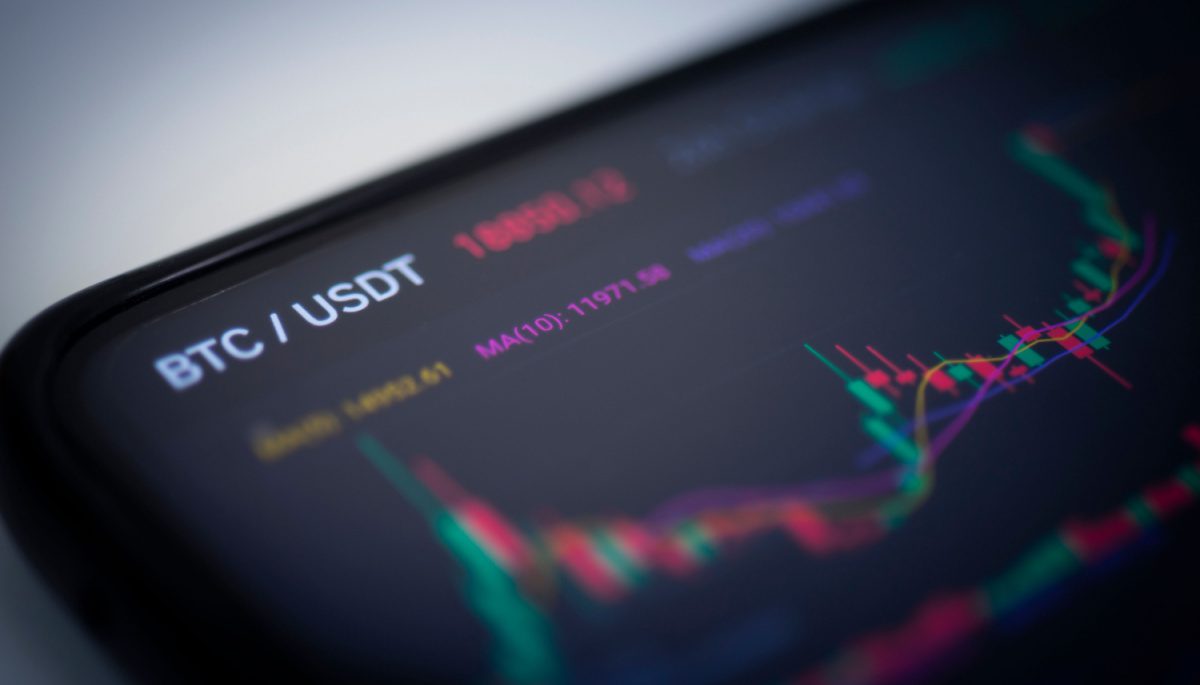Stablecoins are an important link in the crypto ecosystem. Currently, the industry counts many different types of stablecoins, spread over all kinds of blockchains. Even the Bitcoin (BTC) network has recently acquired its own stable cryptocurrency. Tether (USDT) has dominated the stablecoin market for quite some time and does not seem to want to give up its crown to any of its competitors anytime soon. The market capitalization has now reached a new one all time high dismounted.
USDT surpasses previous record
Yesterday, the publisher of the popular stablecoin announced that USDT’s market cap has surpassed its previous high of $83.2 billion.
Tether USD₮ Reaches All-Time High, Surpasses Previous Market Cap High of $83.2Bhttps://t.co/Vxs5fbDQ4j pic.twitter.com/YbxWBWjmwd
— Tether (@Tether_to) June 1, 2023
Data from DeFiLlama shows that about half of USDT’s circulating supply, 42.86 billion, is on Tron’s blockchain, while 33.37 billion of the supply is on Ethereum’s (ETH) network.
The stablecoin also has a significant supply on other networks such as BNB Chain (BNB), Polygon (MATIC), Solana (SOL), Avalanche (AVAX), and others.
The transparent dates of Tether dated June 1 shows that the company has total assets of $85.6 billion and liabilities of $83.2 billion.
USDT continues to grow despite criticism
Tether has regularly appeared negative in the crypto news due to alleged transparency issues, but the king of stablecoins has experienced excellent growth so far in 2023.
While Binance USD (BUSD) and also USD Coin (USDC) ran into trouble earlier this year, USDT managed to add a whopping $17 billion to its market cap. Dominance within the stablecoin market has also increased considerably: at the beginning of the year it stood at just under 50 percent, but this has now risen to 66.07 percent, according to CoinGecko.
The criticism towards Tether has to do with the company’s reserves used to back the stablecoin. Recently, for example, you could read that former head of the American Securities and Exchange Commission (SEC), John Reed, believes the reserves are “unaudited, unconfirmed and therefore highly questionable.”
